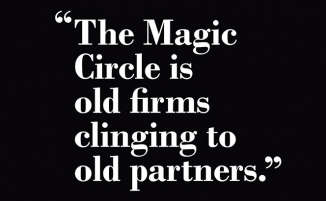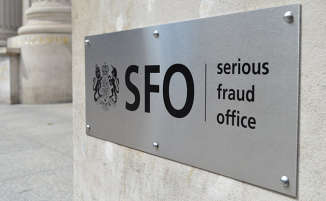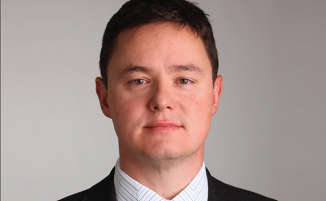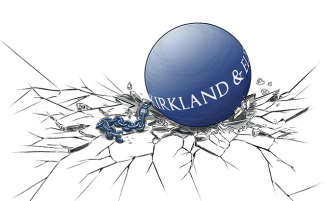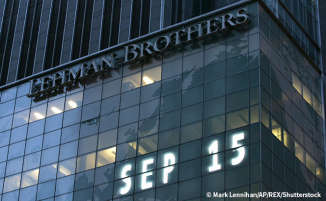Within days of this issue hitting desks, it will be ten years since Lehman Brothers’ collapse marked what swiftly became the great financial crisis. That event was only the clearest symptom of a disease that had been infecting the banking system for more than a year before Lehman filed for bankruptcy on 15 September 2008.
Yet the process unquestionably signalled changes that have reverberated through economies, politics, business and, yes, the legal profession ever since. By the summer of 2009 the UK profession had for the first time engaged in industrial-scale job cuts, axing more than 5,000 roles at top 100 UK firms alone. Through the lens of the LB100, the profession starkly divides into performance patterns pre and post-Lehman. During the long boom, London’s elite was utterly untouchable. Within the Circle they could falter and scrap for fleeting inter-club advantage. But as far as the rest of the industry was concerned, they were in a world of their own. The initial advances of major US law firms had by the mid-2000s been comprehensively repelled – what chance did mid-tier rivals have? Continue reading “A decade since Lehman the profession still mired in the New Normal”







